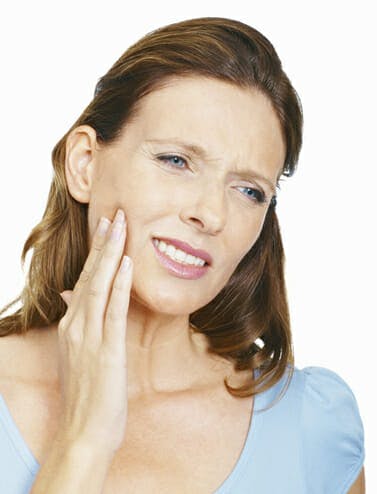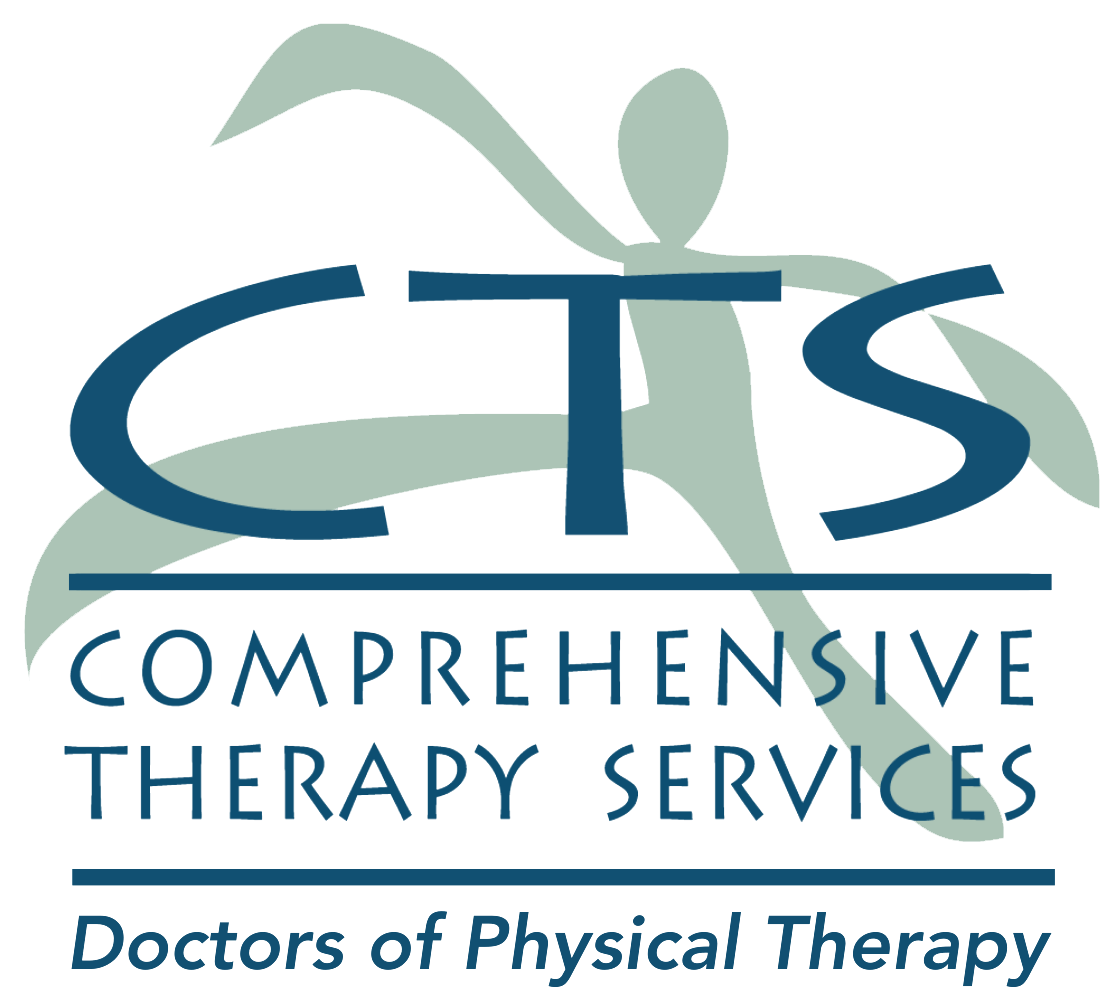TMD Physical Therapy

TMD (Temporomandibular Disorder) Physical Therapy
(Commonly known as “TMJ” by the public)
The Individuals Who May Need Assistance
Anyone who experiences jaw pain, clicking, or popping, headaches radiating from the jaw region, or neck and shoulder tension triggered by clenching or grinding can benefit from targeted TMD therapy.
Our Perspective on Jaw Pain Treatment
We address both the muscles and joints surrounding the jaw, taking into account posture, stress factors, and bite alignment. Therapies include gentle mobilization, manual release of tight tissues, and instruction on proper jaw mechanics.
When Intervention Makes a Difference
Early treatment can prevent chronic pain cycles and potential complications. If you notice persistent symptoms affecting your speech, chewing, or daily comfort, scheduling an evaluation can significantly improve outcomes.
Methods We Use to Alleviate Discomfort
- Comprehensive Examination: We look for joint restrictions, muscle imbalances, and contributing posture problems.
- Hands-On Techniques: Skilled mobilization and soft tissue work help ease tension and improve jaw alignment.
- Self-Care Strategies: Exercises, stretches, and relaxation techniques at home support long-lasting relief.
- Collaboration With Other Specialists: If dental or orthodontic factors are involved, we’ll coordinate with relevant professionals.
Reasons This Approach Works
- Directly addresses the anatomical source of pain and dysfunction
- Improves daily functions like chewing and speaking
- Reduces or eliminates headaches triggered by jaw tension
- Lowers stress-related clenching and grinding behaviors
FAQs
- Isn’t this problem just called ‘TMJ’? “TMJ” stands for temporomandibular joint. The disorder itself is TMD. Our therapy targets the underlying dysfunction that causes pain and mobility issues.
- Do I need a mouthguard or surgery? Many people find relief without surgery. A mouthguard can help with nighttime grinding, but physical therapy often addresses the root causes more comprehensively.
- Can posture affect TMD? Absolutely. Slouched posture can strain the neck and jaw, intensifying TMD symptoms. We integrate postural corrections into your treatment plan.
Don’t let jaw pain limit your day-to-day life.
Contact us now to arrange your TMD evaluation and begin a path toward more comfortable, confident movement.


